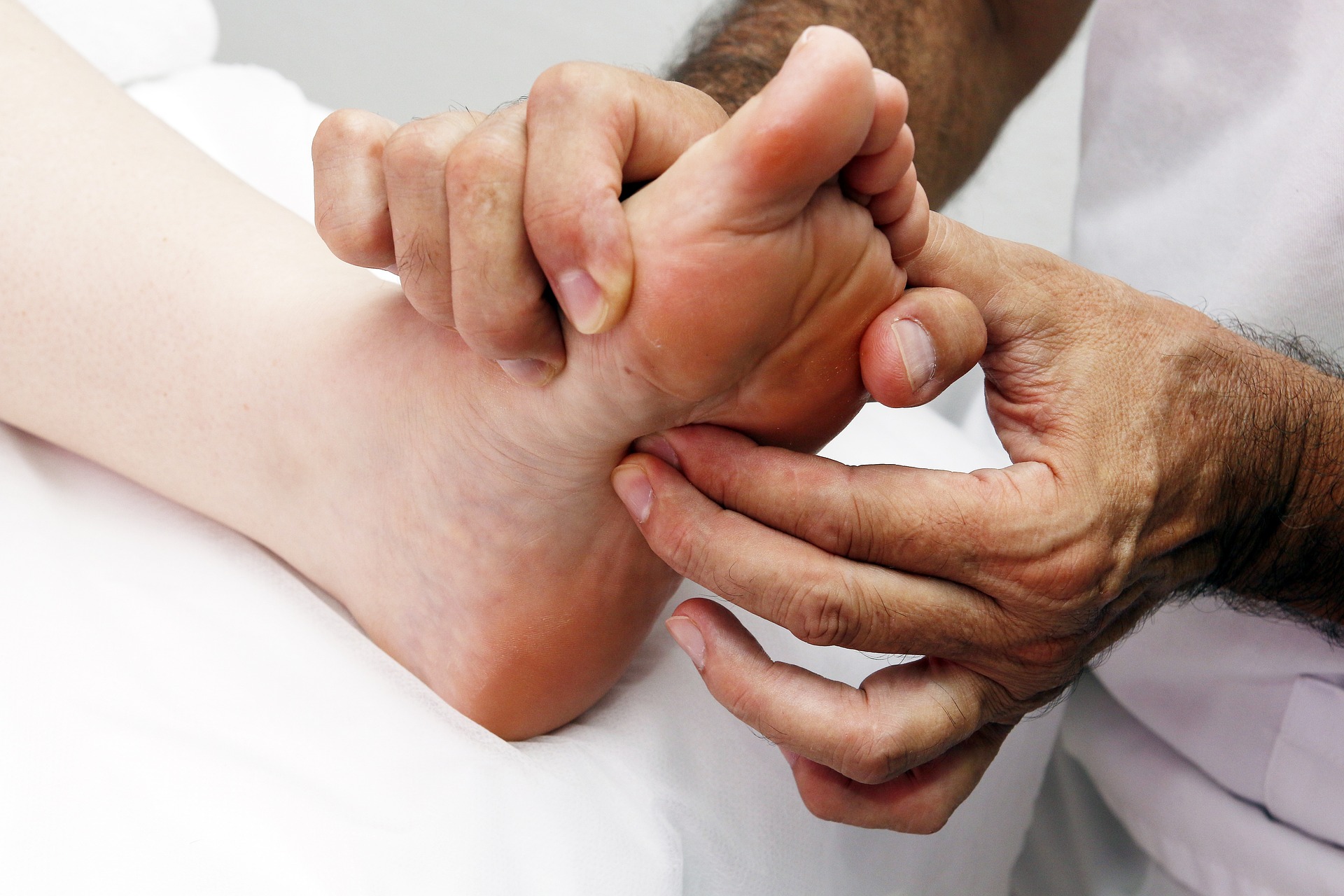Rehab centers - take a look inside
Rehabilitation centers across the United States provide comprehensive addiction treatment services through structured programs designed to help individuals overcome substance abuse and mental health challenges. These facilities offer various levels of care, from inpatient residential treatment to outpatient therapy programs, each tailored to meet specific recovery needs. Understanding what happens inside these centers can help individuals and families make informed decisions about treatment options and set realistic expectations for the recovery journey ahead.
Understanding Rehabilitation Facilities in Your Area
Rehabilitation facilities operate under strict guidelines to provide safe, therapeutic environments for individuals seeking recovery from addiction and substance abuse disorders. These centers typically feature medical units, counseling rooms, group therapy spaces, recreational areas, and comfortable living quarters for residential patients. The physical layout is designed to promote healing while maintaining security and structure throughout the treatment process.
Most facilities employ multidisciplinary teams including licensed physicians, psychiatrists, addiction counselors, social workers, and nursing staff who work together to create individualized treatment plans. The daily schedule often includes medical assessments, individual therapy sessions, group counseling, educational workshops, and structured recreational activities that support both physical and mental wellness.
Addiction Treatment Centers Across the US
The United States houses thousands of addiction treatment centers, each offering different specialties and approaches to recovery. Some facilities focus specifically on alcohol addiction, while others provide comprehensive programs for various substance dependencies including opioids, cocaine, methamphetamines, and prescription medications.
Inpatient treatment centers provide 24-hour medical supervision and typically require stays ranging from 30 to 90 days, depending on individual needs and insurance coverage. These programs include detoxification services, intensive therapy sessions, medication management, and preparation for long-term recovery. Outpatient programs allow individuals to maintain work and family responsibilities while attending scheduled treatment sessions several times per week.
Therapy Centers and Counseling Services
Therapy forms the cornerstone of most rehabilitation programs, with individual and group counseling sessions designed to address underlying causes of addiction. Cognitive-behavioral therapy, dialectical behavior therapy, and motivational interviewing are commonly used approaches that help patients develop coping strategies and prevent relapse.
Family therapy sessions are often incorporated to repair relationships damaged by addiction and educate loved ones about supporting recovery. Specialized therapy programs may include trauma-informed care for individuals with co-occurring mental health disorders, art therapy, music therapy, and recreational therapy activities that promote emotional expression and stress management.
Comprehensive Treatment Program Components
Modern rehabilitation centers integrate multiple treatment modalities to address the complex nature of addiction. Medical detoxification safely manages withdrawal symptoms under professional supervision, while psychiatric services treat co-occurring mental health conditions such as depression, anxiety, or bipolar disorder.
Nutritional counseling and fitness programs help restore physical health, while life skills training prepares individuals for independent living after treatment. Many centers also provide vocational rehabilitation services, educational support, and assistance with housing arrangements to ensure successful reintegration into society.
Services and Amenities at Treatment Facilities
Rehabilitation centers vary significantly in their amenities and service offerings. Basic facilities provide essential medical care, counseling, and group therapy in comfortable but simple environments. Higher-end treatment centers may feature spa-like amenities, gourmet dining, private rooms, fitness centers, swimming pools, and holistic treatment options such as yoga, meditation, and acupuncture.
| Facility Type | Average Monthly Cost | Key Services Included |
|---|---|---|
| Outpatient Programs | $1,000 - $5,000 | Individual therapy, group sessions, medication management |
| Inpatient Treatment | $6,000 - $20,000 | 24-hour care, detox, therapy, medical supervision |
| Luxury Treatment Centers | $30,000 - $100,000+ | Premium amenities, private rooms, holistic therapies |
| Intensive Outpatient Programs | $3,000 - $10,000 | Structured therapy, flexible scheduling, family support |
Prices, rates, or cost estimates mentioned in this article are based on the latest available information but may change over time. Independent research is advised before making financial decisions.
Insurance Coverage and Financial Considerations
Most major insurance plans are required to provide coverage for addiction treatment under the Mental Health Parity and Addiction Equity Act. However, coverage levels vary significantly between providers and specific plans. Some insurance companies may require pre-authorization for treatment, limit the number of covered days, or restrict coverage to specific types of facilities.
Many rehabilitation centers employ financial counselors who help patients navigate insurance requirements and explore payment options. Some facilities offer sliding-scale fees based on income, payment plans, or scholarships for individuals who cannot afford full treatment costs. State-funded programs and nonprofit organizations also provide treatment options for uninsured individuals.
The decision to enter rehabilitation represents a significant step toward recovery, and understanding what to expect inside these facilities can help reduce anxiety and increase treatment success. Each center operates differently, but all share the common goal of providing professional support and evidence-based treatment to help individuals achieve lasting sobriety and improved quality of life.
This article is for informational purposes only and should not be considered medical advice. Please consult a qualified healthcare professional for personalized guidance and treatment.





